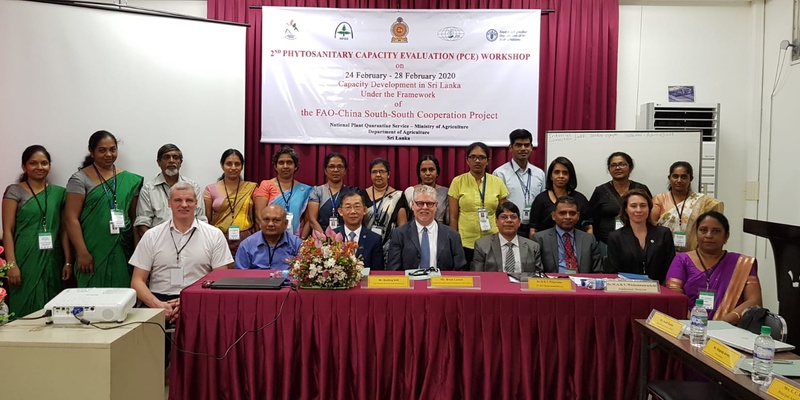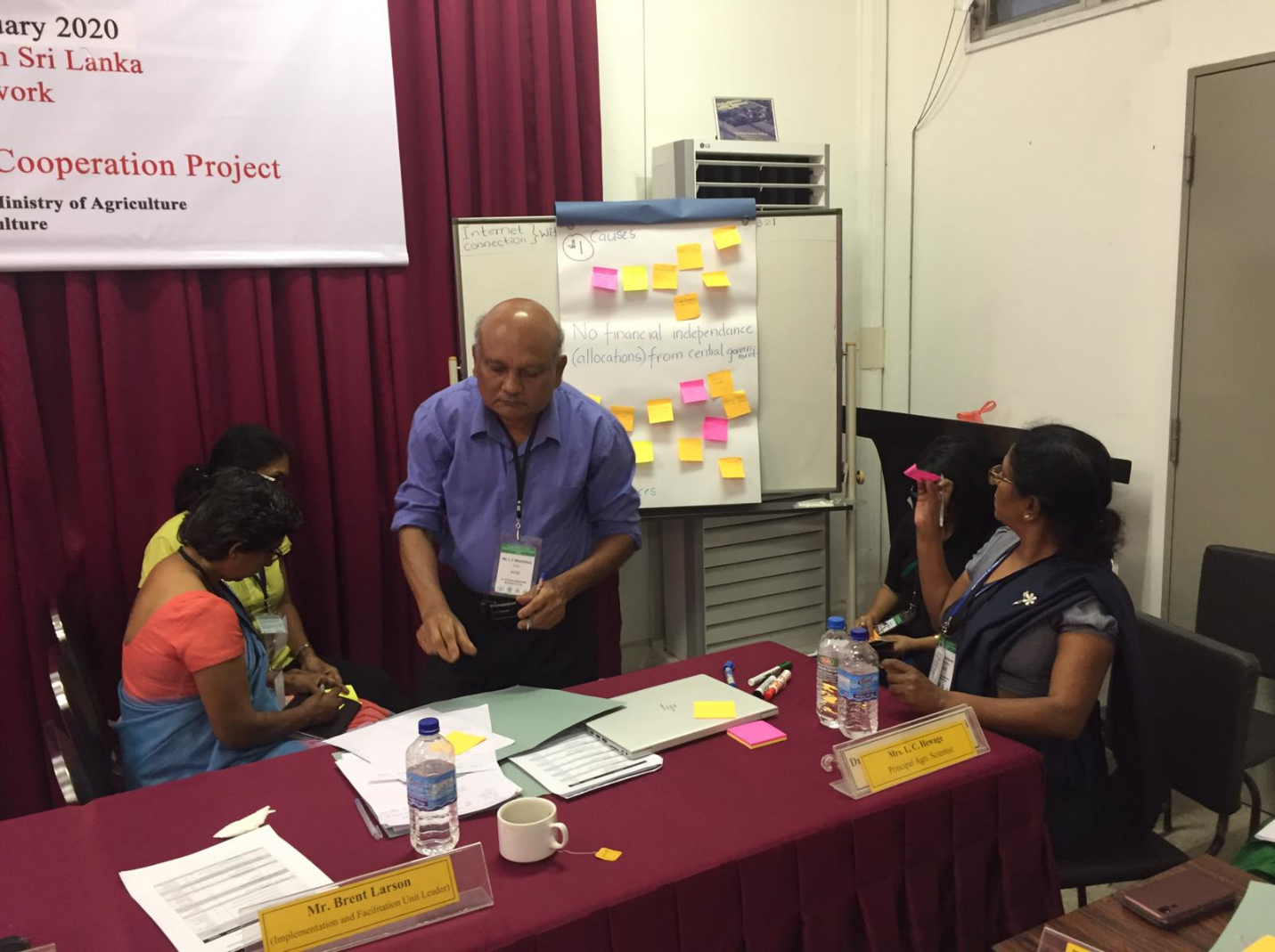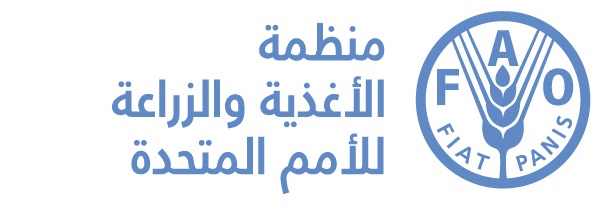Sri Lanka undertakes the second workshop on Phytosanitary Capacity Evaluation to strengthen its national plant protection organization
Posted on ثلاثاء, 17 مارس 2020, 13:28

Participants at the second PCE mission in Sri Lanka, February 2020. © FAO
Colombo, 28 February 2020 – Fully committed to improve its phytosanitary system, the National Plant Quarantine Service of Sri Lanka filled in all the Phytosanitary Capacity Evaluation (PCE) modules and started elaborating its National Phytosanitary Capacity Development Strategy with the support of relevant stakeholders.
The consensus workshop took place from 24 to 28 February in Colombo, Sri Lanka and was opened by Mr W. A. Raveen Thushara WICKRAMARACHCHI, Head of the Sri Lankan National Plant Protection Organization (NPPO), Mr Sun XUEBING, FAO Representative and Mr Brent LARSON, IPPC Secretariat Implementation and Facilitation Unit Lead. They expressed their full support to facilitate the implementation of the PCE and ensured the use of its results. Under the supervision of Ms Sarah BRUNEL, IPPC Secretariat Implementation and Facilitation Unit Deputy Lead, a trained PCE facilitator, Mr Ringolds ARNITIS illustrated a few methodological tools, including problem and SWOT analysis and Logical framework, useful to address the weaknesses identified in Module 12 on export certification and in Module 7 on Diagnostics.
The dialogue with stakeholders, including custom authorities, importers and exporters was extremely fruitful, especially in relation to the national phytosanitary legislation. In fact, the Plant Protection Act of Sri Lanka dates 1999 and requires revision to be compliant with the International Plant Protection Convention. To this end, Mr W.M.W. Weerakoon, Director General of the Department of Agriculture presented on how FAO can provide technical assistance on legal matters, concluding that the Plant Protection Act of Sri Lanka should be amended. The Director General of the Sri Lankan Department of Agriculture and participants to the workshop concurred that some clauses of the current Act and related regulations could be treated with more flexibility, following ad-hoc governance ordinances.
The Sri Lankan NPPO is now fully ready to elaborate a workplan for all PCE modules with the participation of relevant stakeholders.
Other countries interested in conducting a PCE can submit a request to the IPPC Secretariat who will help them throughout the process. For more information on the PCE, including its benefits and the procedures to and initiate one, please see: https://www.ippc.int/en/core-activities/capacity-development/phytosanitary-capacity-evaluation/.

Group of participants working on problem analysis for a phytosanitary weakness during the second PCE mission in Sri Lanka, February 2020. © FAO

